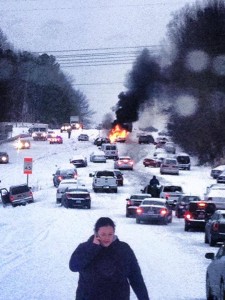I spent the past couple of days in a room with some excellent fresh produce food safety colleagues making extension materials for industry folks; we talked a bit about Listeria monocytogenes and cut leafy greens.
Irony is ironic sometimes.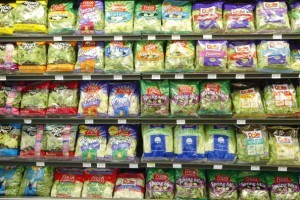
The process of growing, harvesting, cutting, washing and packaging leafy greens can be problematic when it comes to Listeria monocytogenes. Sanitizers in wash water helps reduce cross-contamination. Once the pathogen is in the bag, there’s not much a consumer can do (other than cook it).
CDC says 12 cases of listeriosis, including a death, are linked to Dole products packaged in a Springfield, OH plant. Routine sampling and whole genome sequencing helped solve the mystery of the cluster (which had been investigated since September).
Twelve people infected with the outbreak strain of Listeria have been reported from six states since July 5, 2015. The number of ill people reported from each state is as follows: Indiana (1), Massachusetts (1), Michigan (4), New Jersey (1), New York (4), and Pennsylvania (1). WGS has been performed on clinical isolates from all 12 ill people and has shown that the isolates are highly related genetically.
Listeria specimens were collected from July 5, 2015 to December 23, 2015. Ill people range in age from 3 years to 83, and the median age is 66. Sixty-nine percent of ill people are female. All 12 (100%) ill people reported being hospitalized, and one person from Michigan died as a result of listeriosis. One of the illnesses reported was in a pregnant woman.
Epidemiologic and laboratory evidence available at this time indicates that packaged salads produced at the Dole processing facility in Springfield, Ohio and sold under various brand names are the likely source of this outbreak.
State and local health departments are interviewing ill people about the foods they may have eaten or other exposures in the month before their illness began. Of five ill people who were asked about packaged salad, all five (100%) reported eating a packaged salad. Two (100%) of two ill people who specified the brand of packaged salad eaten reported various varieties of Dole brand packaged salad.
As part of a routine product sampling program, the Ohio Department of Agriculture collected a Dole brand Field Greens packaged salad from a retail location and isolated Listeria. This packaged salad was produced at the Springfield, Ohio Dole processing facility. In January 2016, WGS showed that the Listeria isolate from the packaged salad was highly related genetically to isolates from ill people. This information linked the illnesses to Dole brand packaged salads produced at the Dole processing facility in Springfield, Ohio.
On January 21, 2016, Dole reported to CDC that it had stopped production at the processing facility in Springfield, Ohio. The company also reported that it is withdrawing packaged salads currently on the market that were produced at this facility. The withdrawal does not affect other Dole products.
CDC recommends that consumers do not eat, restaurants do not serve, and retailers do not sell packaged salads produced at the Dole processing facility in Springfield, Ohio.
These packaged salads were sold under various brand names, including Dole, Fresh Selections, Simple Truth, Marketside, The Little Salad Bar, and President’s Choice. The packaged salads can be identified by the letter “A” at the beginning of the manufacturing code found on the package.
The U.S. cases may be linked to the Canadian Lm outbreak, based on the product, distribution and timeline, but there’s not much info from officials to confirm the connection.
Dole’s recall notice can be found here.
 They talk about what’s on their minds or in the news regarding food safety, and popular culture. They strive to be relevant, funny and informative — sometimes they succeed. You can download the audio recordings right from the website, or subscribe using iTunes.
They talk about what’s on their minds or in the news regarding food safety, and popular culture. They strive to be relevant, funny and informative — sometimes they succeed. You can download the audio recordings right from the website, or subscribe using iTunes.


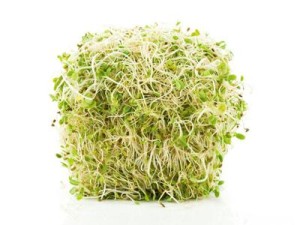


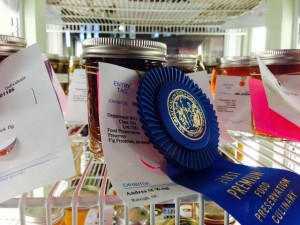 hey talk about what’s on their minds or in the news regarding food safety, and popular culture. They strive to be relevant, funny and informative — sometimes they succeed. You can download the audio recordings right from the website, or subscribe using
hey talk about what’s on their minds or in the news regarding food safety, and popular culture. They strive to be relevant, funny and informative — sometimes they succeed. You can download the audio recordings right from the website, or subscribe using 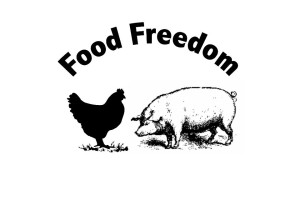 This might not be the best way to make food safety rules.
This might not be the best way to make food safety rules.
